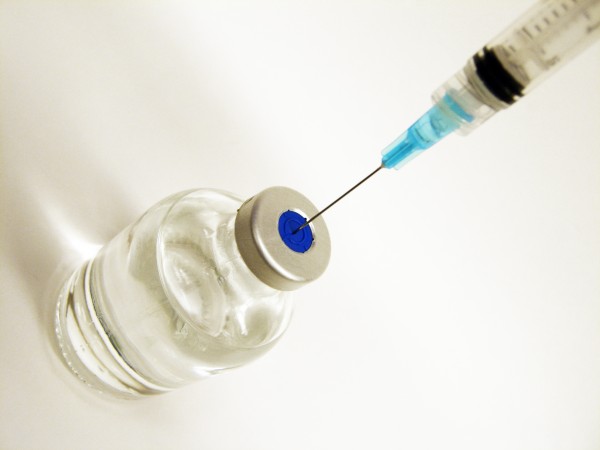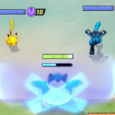Scientists at Oxford University’s Jenner Insitute are racing ahead in the search for a vaccine against coronavirus disease 2019 (COVID-19), according to the New York Times.
(Duterte raises COVID-19 vaccine bounty to P50 million)
While other teams have had to start from the ground up and demonstrate safety through conducting small clinical trials of a few hundred participants, the Jenner Insitute has an advantage. They have already proved that previous trials of similar vaccines are harmless to humans.
This puts them ahead of everyone else scrambling to develop a vaccine, enabling a trial including over 6,000 individuals by the end of next month. They hope to prove that not only is the vaccine safe, but effective as well.
And should it prove effective, an emergency approval from regulators will allow them to make the first few million doses of the vaccine available by September — which is several months ahead of any other studies. The good news is that they’ve gathered promising data to show that the vaccine might just work.
Scientists at the National Institutes of Health’s Rocky Mountain Laboratory in Montana tested single doses of the Oxford vaccine in six rhesus macaque monkeys just last month. These monkeys were then exposed to heavy quantities of the virus which causes COVID-19. More than 28 days later, all 6 monkeys remain healthy.
The effectivity was confirmed when monkeys who had not received the vaccine were exposed to the virus and consequently became ill.
Vincent Munster, the researcher in charge of conducting the tests, explained that “the rhesus macaque is pretty much the closest thing we have to humans.” He shared that scientists were still analyzing the results and would soon submit the findings to a peer-reviewed journal.
While results from a trial on monkeys are not definitive evidence of the vaccine’s effectivity, it is indicative of the Oxford group’s progress.
More conclusive data on the vaccine will soon be available as their first human trial commenced last week. About 1,100 people were recruited for the Phase I clinical trial.
Half of the trial group will receive the vaccine, while the other half will receive a placebo vaccine that protects against meningitis but not COVID-19. The volunteers will be unaware of which vaccine they will be receiving.
Unlike other vaccines that use a weakened version of the virus to trigger an immune response, this one modifies a different virus – a weakened version of a common cold virus (known as an adenovirus) from chimpanzees – and neutralizes it. In turn, the virus mimics the new coronavirus for the body to build immunity to it
“Injected into the body, the harmless impostor can induce the immune system to fight and kill the targeted virus, providing protection,” the NYT explains.
This technology was developed by Professor Adrian Hill, the Jenner Institute’s director, over the course of several decades. It was initially designed to find a vaccine for malaria but has not yet proven successful. The team has, however, used the same approach to develop a vaccine against MERS which has shown promising results.
Moreover, the continued use of this technology was able to create a template for the mass production of the COVID-19 vaccine.
“Personally I have a high degree of confidence in this vaccine,” said Sarah Gilbert, professor of vaccinology at the Jenner Institute and leader of the pre-clinical research.
“Of course, we have to test it and get data from humans. We have to demonstrate it actually works and stops people [from] getting infected with coronavirus before using the vaccine in the wider population.”
Professor Gilbert previously confessed she was “80% confident” that the vaccine would work but now prefers to say she is “very optimistic.”
The team will have cause to celebrate if the first phase of the trial yields as many as a dozen infected individuals from the placebo group, while only 1 or 2 individuals who received the proper vaccine should become infected.
They assure that any infected individual from the placebo group will receive the vaccination immediately afterward.
Even if the vaccine proves ineffective, the team looks to the study as a monumental step. As the first study to reach such a scale, it will be able to provide lessons on the nature of the coronavirus and the immune system’s responses to it. This information can be used by governments, drug companies, and other scientists racing to find a vaccine.
What do you think about this?
Do you have a story for the WhenInManila.com Team? Email us at story.wheninmanila@gmail.com or send us a direct message at WhenInManila.com Facebook Page. Interact with the team and join the WhenInManila.com Community at WIM Squad! Join our WhenInManila.com community on Viber, as well!





